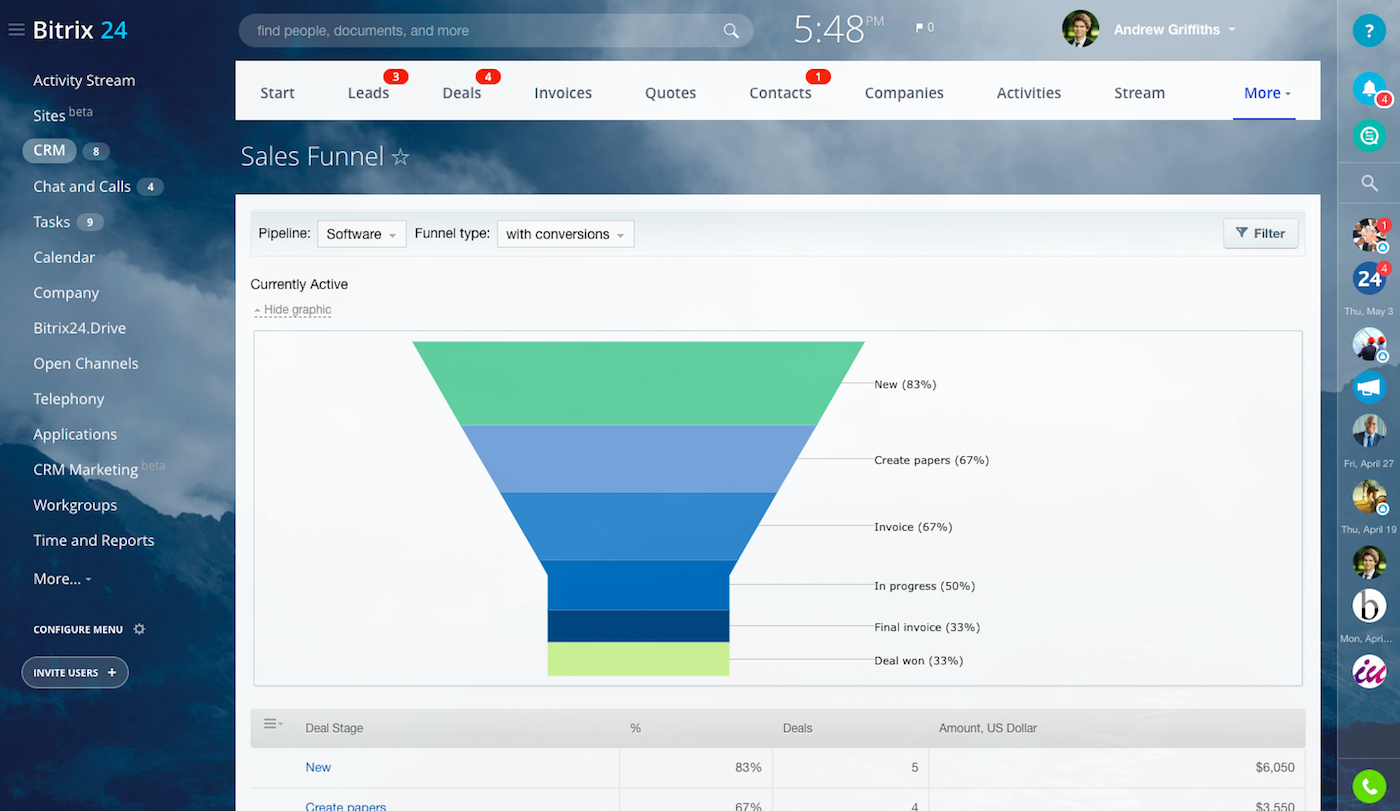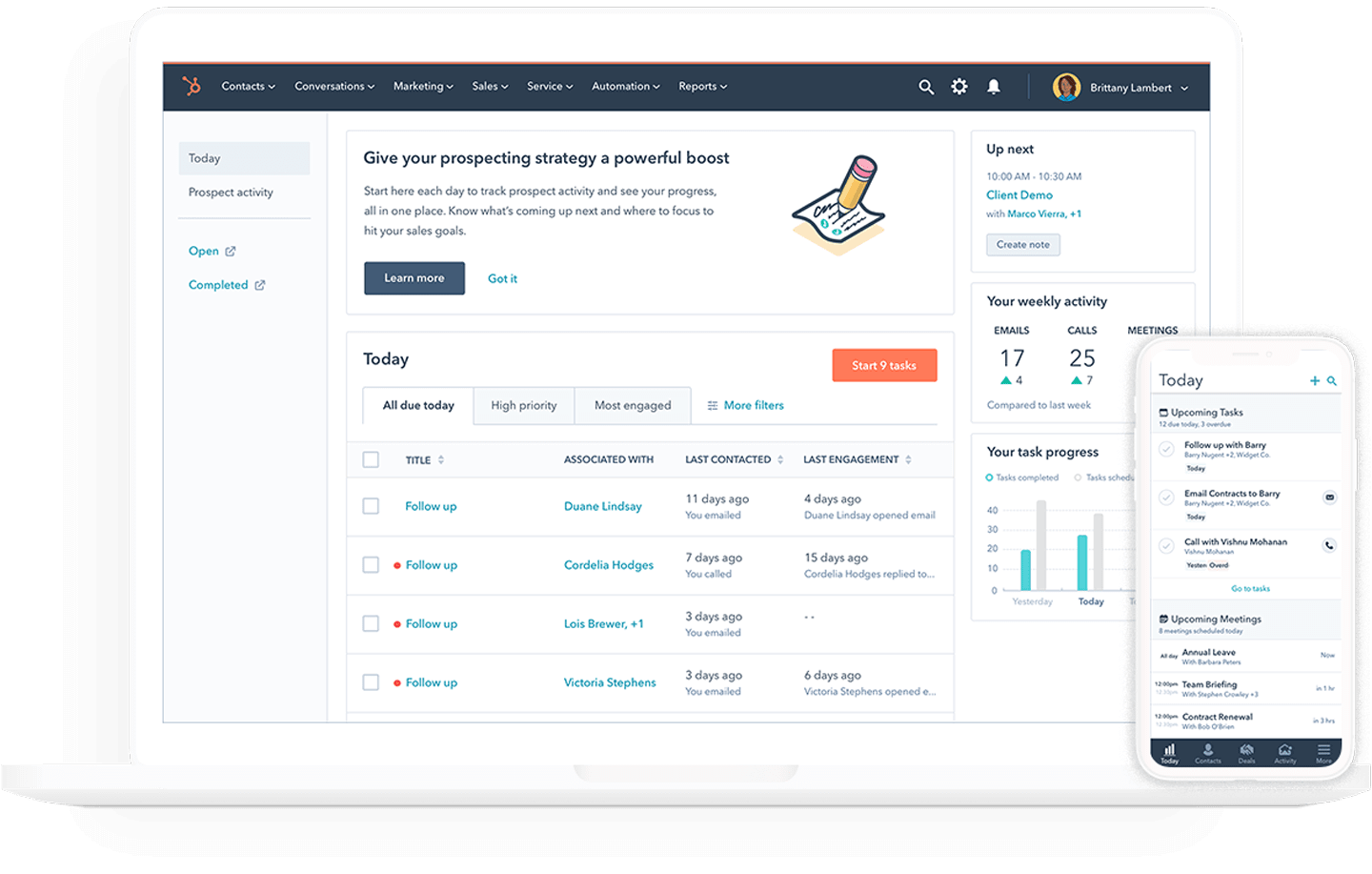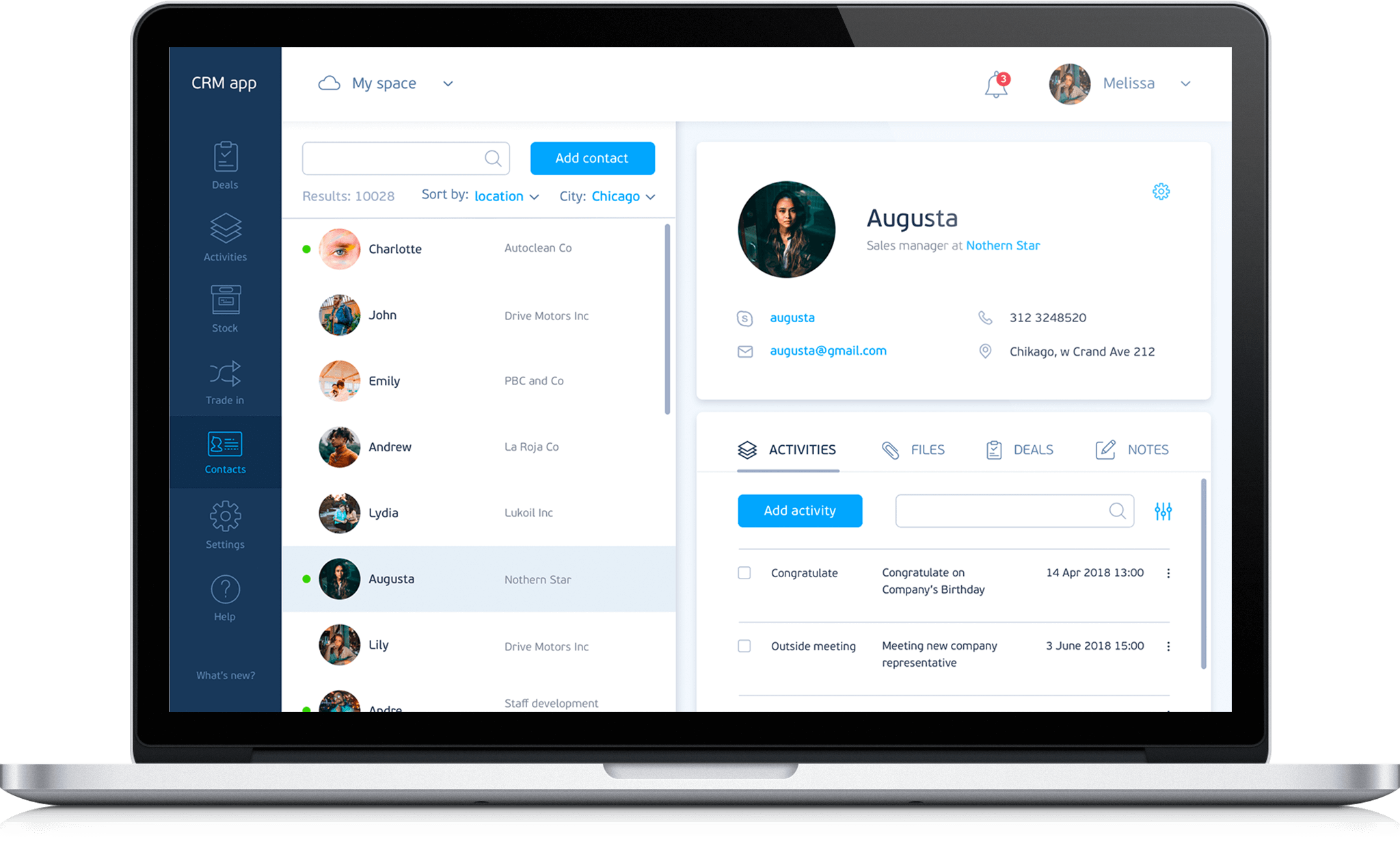Crm system for free – In today’s competitive business landscape, customer relationship management (CRM) has become an indispensable tool for organizations seeking to nurture relationships, drive sales, and achieve overall success. With the advent of free CRM systems, businesses of all sizes now have access to powerful tools that can transform their customer interactions.
This comprehensive guide will delve into the world of free CRM systems, exploring their advantages, limitations, and how to choose the right one for your business.
Free CRM systems offer a cost-effective solution for businesses looking to enhance their customer management capabilities. These systems provide a range of essential features that can help you track customer interactions, manage sales pipelines, and automate marketing campaigns. By leveraging the power of free CRM systems, you can gain valuable insights into your customers’ needs and preferences, enabling you to deliver personalized experiences that drive loyalty and growth.
CRM Systems Overview
Customer relationship management (CRM) systems are software applications that help businesses manage their interactions with customers. They provide a central repository for customer data, including contact information, purchase history, and support interactions. This data can be used to track customer behavior, identify trends, and improve customer service.
There are many different types of CRM systems available, each with its own strengths and weaknesses. Some of the most popular types of CRM systems include:
- Cloud-based CRM systems are hosted by a third-party provider and can be accessed from anywhere with an internet connection.
- On-premise CRM systems are installed on a company’s own servers and require more IT support.
- Open-source CRM systems are free to use and can be customized to meet the specific needs of a business.
Some of the most popular CRM systems include Salesforce, Microsoft Dynamics CRM, and HubSpot.
Free CRM Systems

Free CRM systems offer a cost-effective solution for businesses seeking to manage customer relationships. These systems provide basic CRM functionality without requiring significant financial investment. However, it’s important to weigh the advantages and disadvantages before making a decision.
Advantages of Free CRM Systems
- Cost-effectiveness:Free CRM systems eliminate the upfront costs associated with licensed software, making them accessible to businesses with limited budgets.
- Ease of use:Many free CRM systems offer user-friendly interfaces and intuitive navigation, making them easy to adopt and use even for non-technical users.
- Basic CRM functionality:Free CRM systems typically provide core CRM features such as contact management, lead tracking, and task management, meeting the basic needs of many businesses.
Disadvantages of Free CRM Systems
- Limited features:Free CRM systems often have limited functionality compared to paid CRM systems, which may not meet the needs of businesses with complex CRM requirements.
- Data limitations:Some free CRM systems may impose storage limits or restrict the number of users, which can be a constraint for businesses with large volumes of data or multiple users.
- Limited support:Free CRM systems may offer limited or no technical support, which can be a drawback for businesses that require assistance with setup or troubleshooting.
Comparison of Free CRM Systems
Various free CRM systems are available, each with its own strengths and weaknesses. Some popular options include:
- HubSpot CRM:Offers a comprehensive suite of CRM features, including contact management, email marketing, and sales automation.
- Zoho CRM:Provides a customizable CRM solution with a wide range of modules and integrations.
- Salesforce Essentials:A basic CRM system from Salesforce, suitable for small businesses and startups.
Suitability of Free CRM Systems
Free CRM systems are suitable for small businesses and startups with limited CRM needs and budgets. They can also be beneficial for businesses that want to experiment with CRM before investing in a paid system. However, businesses with complex CRM requirements or those that require advanced features and support may need to consider paid CRM solutions.
Features of Free CRM Systems: Crm System For Free
Free CRM systems offer a range of features that cater to the essential needs of customer management and sales processes. These features empower businesses to manage customer interactions, streamline workflows, and enhance productivity.
The core features commonly found in free CRM systems include:
Contact Management
- Centralized storage of customer contact information, including name, email, phone number, and address.
- Organization of contacts into groups or segments based on criteria such as industry, location, or purchase history.
- Easy access to customer profiles, allowing users to view and update information quickly.
Lead Management
- Capture and qualification of potential customers through web forms, email campaigns, or social media.
- Tracking of lead interactions, such as phone calls, emails, and website visits.
- Assignment of leads to sales representatives for follow-up and nurturing.
Sales Pipeline Management
- Visualization of the sales pipeline, showing the progress of leads through different stages.
- Tracking of sales opportunities, including estimated value, close date, and probability.
- Automated reminders and notifications to ensure timely follow-up with leads and customers.
Task Management
- Creation and assignment of tasks to team members.
- Prioritization and scheduling of tasks based on urgency and importance.
- Tracking of task completion and progress.
Reporting and Analytics
- Generation of reports on key metrics such as sales performance, customer acquisition cost, and lead conversion rates.
- Analysis of data to identify trends and areas for improvement.
- Customizable dashboards for real-time visibility into business performance.
Integration with Other Tools
- Integration with email clients, calendars, and productivity suites.
- Seamless data exchange between CRM and other business applications.
- Enhanced functionality and automation through third-party integrations.
Limitations of Free CRM Systems
While free CRM systems offer several benefits, they come with certain limitations that can impact business operations. These limitations include:
Storage Limits
- Free CRM systems often have limited storage capacity, which can restrict the amount of data businesses can store.
- This can be a significant limitation for businesses that handle large volumes of customer data or require extensive historical data for analysis.
- Businesses may need to upgrade to paid plans to access additional storage capacity, which can increase costs.
Feature Restrictions
- Free CRM systems may offer a limited set of features compared to paid versions.
- Essential features such as advanced reporting, customization options, and integrations with other software may be unavailable or restricted.
- This can limit the functionality and efficiency of the CRM system for businesses that require more advanced capabilities.
Support Availability
- Free CRM systems typically provide limited or no technical support.
- Businesses may encounter difficulties resolving technical issues or accessing support when needed.
- This can result in disruptions to business operations and lost productivity.
Strategies for Overcoming Limitations
Businesses can consider the following strategies to overcome or mitigate the limitations of free CRM systems:
- Carefully assess business needs:Determine the specific requirements and features necessary for the CRM system.
- Explore alternative free CRM systems:Compare different free CRM options to find one that offers the most suitable features and storage capacity.
- Consider paid plans:If the limitations of free CRM systems become significant, consider upgrading to paid plans for additional features and support.
- Implement data management practices:Regularly clean and archive data to optimize storage space and improve system performance.
- Seek external support:Consider outsourcing CRM support or consulting services to supplement the limited support available with free CRM systems.
Choosing the Right Free CRM System

Selecting the right free CRM system is crucial for businesses to maximize their benefits and avoid potential pitfalls. Here are some key factors to consider:
User Interface and Usability
A user-friendly interface and intuitive navigation are essential for smooth adoption and efficient usage. Ensure the system aligns with your team’s technical skills and provides a seamless user experience.
Integration Capabilities
Consider the compatibility of the CRM system with your existing software and tools. Seamless integration with email, calendars, and other business applications enhances productivity and streamlines workflows.
Scalability and Growth, Crm system for free
Evaluate the system’s ability to adapt as your business grows. Free CRM systems may have limitations in terms of storage capacity, user licenses, or advanced features. Choose a system that can scale with your evolving needs.
Customer Support
Access to reliable customer support is crucial for troubleshooting issues and maximizing system utilization. Determine the availability and responsiveness of the support team, especially during critical business hours.
Security and Compliance
Ensure the CRM system meets industry standards for data security and privacy. Check for encryption measures, access controls, and compliance with relevant regulations to protect sensitive customer information.
Step-by-Step Guide to Choosing and Implementing a Free CRM System
Follow these steps to effectively select and implement a free CRM system:
- Define Your Business Needs:Determine the specific challenges and areas where a CRM system can enhance your operations.
- Research and Evaluate Options:Explore different free CRM systems, read reviews, and compare their features and capabilities.
- Pilot and Test:Implement a trial version or pilot project to test the system’s functionality and compatibility with your team.
- Configure and Customize:Tailor the CRM system to meet your specific requirements, including data fields, workflows, and integrations.
- Train and Implement:Provide training to your team and ensure they understand the system’s functionality and best practices.
- Monitor and Evaluate:Regularly assess the system’s performance, gather feedback from users, and make necessary adjustments to optimize its effectiveness.
Case Studies and Examples

Free CRM systems have been instrumental in driving success for many businesses. Here are some case studies and examples that showcase the benefits of using free CRM systems:
Improved Customer Engagement
- A small business selling handmade crafts used a free CRM system to manage customer interactions. The system allowed them to track customer preferences, purchase history, and support requests, resulting in personalized and timely responses. This led to increased customer satisfaction and repeat purchases.
- A non-profit organization implemented a free CRM system to manage donor relationships. The system helped them segment donors based on their giving history, automate communication, and track the impact of their fundraising campaigns. This resulted in increased donor engagement and a significant increase in donations.
Increased Sales Productivity
- A sales team at a tech startup used a free CRM system to manage their sales pipeline and track customer interactions. The system provided them with real-time insights into sales activities, allowing them to prioritize leads, close deals faster, and increase their overall sales revenue.
- A real estate agent used a free CRM system to manage their client relationships and track property listings. The system allowed them to automate follow-up emails, schedule appointments, and share property details with potential buyers. This resulted in increased lead generation and a higher closing rate.
Enhanced Overall Business Outcomes
- A small business consulting firm implemented a free CRM system to manage their client projects and track their progress. The system helped them streamline their operations, improve communication with clients, and deliver projects on time and within budget. This resulted in increased client satisfaction and a growing client base.
- A healthcare clinic used a free CRM system to manage patient appointments, track medical history, and send out reminders for follow-up visits. The system improved patient care, reduced no-shows, and increased patient loyalty.
Ending Remarks

In conclusion, free CRM systems represent a valuable asset for businesses seeking to improve customer engagement, streamline sales processes, and achieve operational efficiency. By carefully considering the factors Artikeld in this guide, you can select the right free CRM system for your organization and unlock its full potential.
Embrace the power of customer relationship management and watch your business soar to new heights.